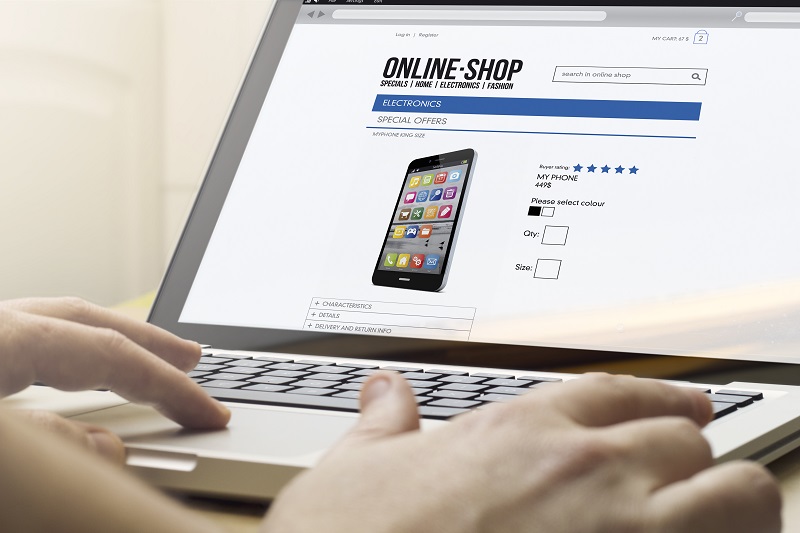That online shopping increases day by day is not news. If you are an average user, you are probably already aware of the normal precautions and have taken them yourself. Ease of use and convenience when browsing for different products or searching for the best prices has improved greatly. However, at the same time, online threats and frauds have also increased exponentially. Therefore, from time to time, all of us must review our behavior and think again if our habits are secure.

Follow a few simple tips to stay safe while shopping online
Best practices while online shopping
1. Use your own computer or mobile device when shopping. It seems obvious, but you cannot trust a computer that does not belong to you, even your best friend’s computer. It might not have appropriate protection and it could already be compromised by malware. So, always use your own device, install an anti-malware solution and before you start doing anything that involves your money, scan your network to discover if it is safe.
2. Use your own Wi-Fi connection with a strong password. You must use a non-standard password for your network and router. Router vulnerabilities and weak passwords allow cybercrooks easy access to your home network. This sounds complicated, but it’s really not. Avast Home Network Security can help you by guiding you to the manufacturer’s website. The blog post will help you understand what it does and why it’s important.
3. If you cannot avoid using public/open Wi-Fi, use a VPN to encrypt your communications, or it could be eavesdropped on and your financial data and credit card credentials could be stolen. Avast SecureLine VPN offers strong encryption for Windows, Mac, and Android devices.
4. Choose your online store wisely. Focus on the best-known ones, where you can read other consumers’ opinions and reviews. We prefer the official site, especially if you are buying apps, so you can avoid fakes or other software bundled together with what you want. Nevertheless, this is not enough. Rogue apps have been know to slip into official stores like Google Play or Windows Store. You really need to have a security app installed and updated in your device: why don’t you do it right now with free Avast Mobile Security?
5. Look for a safe site. Nowadays, all the safe sites use HTTPS protocol (you know, that little padlock in the address bar of our browser). Avast products also scan your HTTPS traffic and prevents many threats. Do not give personal information: common sense is a good security measure, why would you need to inform your birthday to the online store? Moreover, while you are browsing, take your time to check refund policies, privacy policy (what do they do with your personal data), and product guarantees.
6. Search for the best price. You may find the free tool Avast SafePrice (available as a browser plugin called Avast Online Security) useful in helping you find the best offers online in trusted stores.
7. Do not use the same password for all your accounts. You must be aware that if you have an account or have done business with any company that falls victim to a breach, hackers sell your passwords to other cybercrooks. Use different passwords in different sites and a password service.
8. Keep your own computer up-to-date. A lot of security issues start when hackers exploit vulnerabilities in the software installed in your computer. The more popular software they are, the better for hackers. Adobe, Oracle, and Microsoft are only recent examples.
9. Keep a paper trail. Print or save your transaction records; it will be easier for any post sale issue. While you have a trail, you can check your credit card statement to make sure transactions match and if there were unauthorized charges.
10. Prefer safe payment options like your credit card or PayPal. Do not send money directly to the store or vendor. Credit cards have built-in protections and you can receive a refund in case of fraud.
Follow Avast on Facebook, Twitter, YouTube, and Google+ where we keep you updated on cybersecurity news every day.

